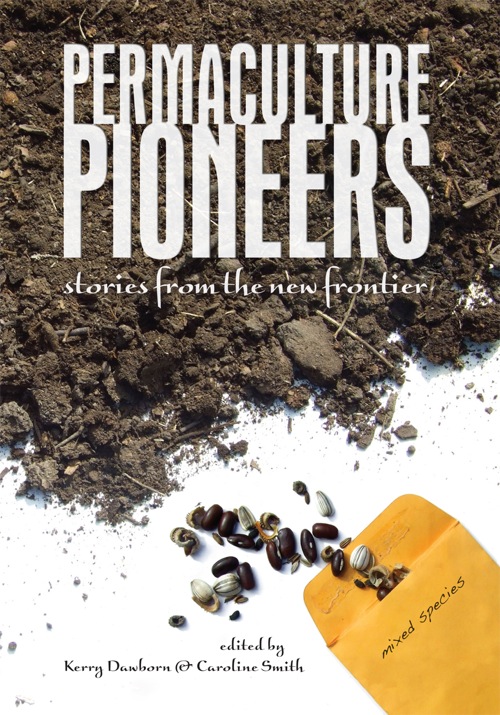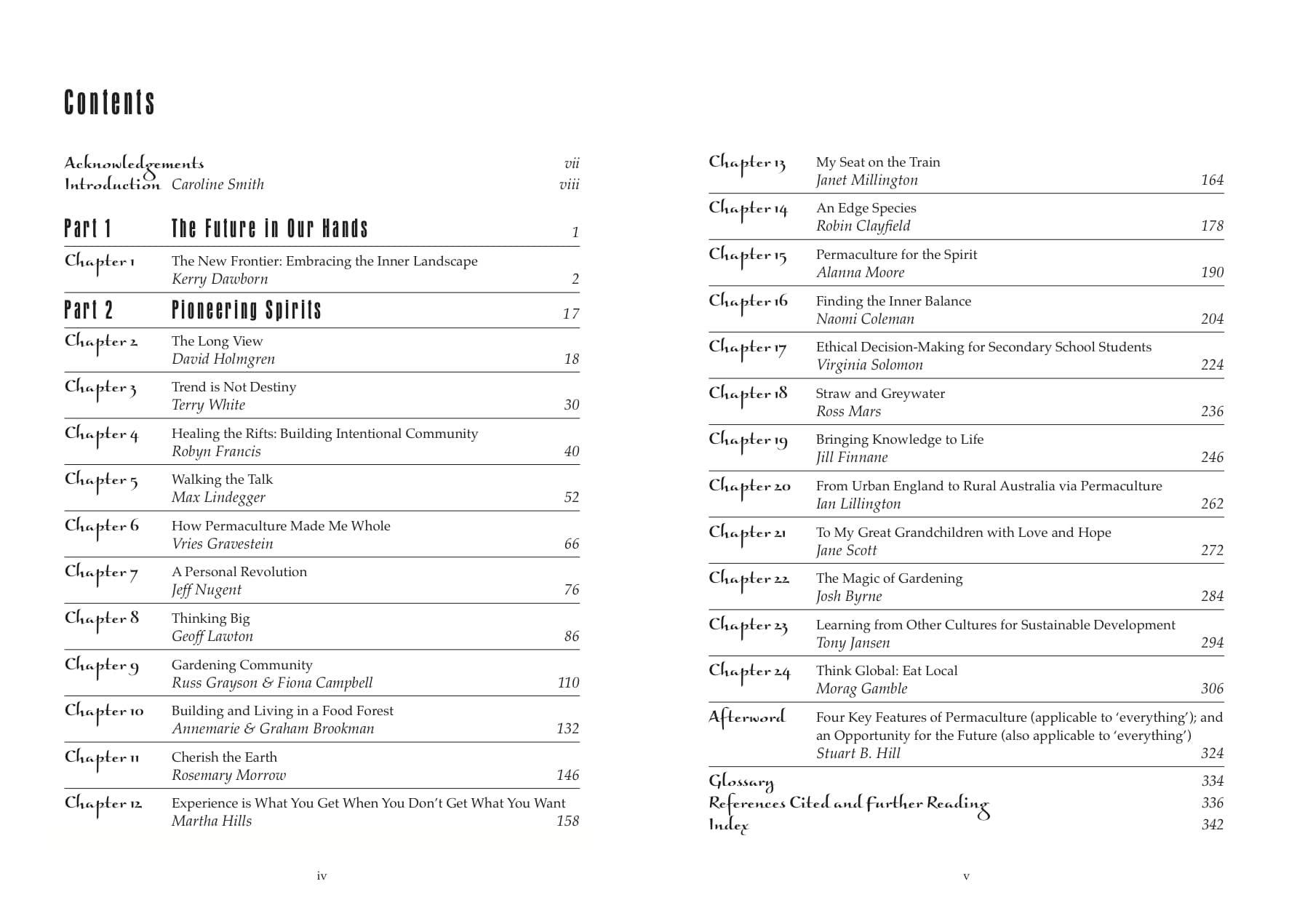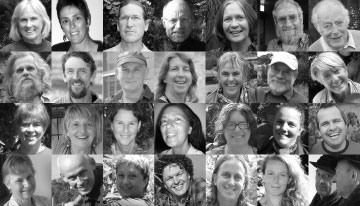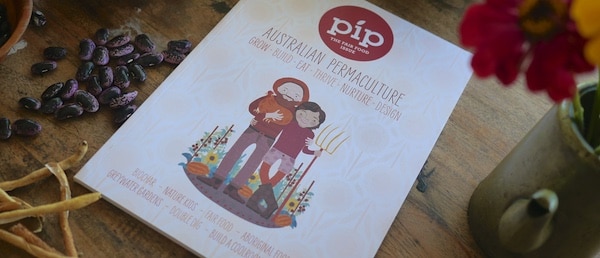Permaculture proves profitable,
National, Phnom Penh Post
Post Staff | Publication date 28 January 1994
--------------
Initiatives to solve environmental problems using the new concept of Permaculture are proving successful in Cambodia.
Permaculture is both a philosophy and a practical approach to land use in response to soil, water and air pollution, loss of species, reduction of non-renewable resources and destructive economic policies.
It aims to design sustainable human settlements and weaves together micro climate, plants, animals, soils, water management and human needs into integrated productive communities.
Australian Catholic Relief (ACR) have already put a first batch of students through an international Permaculture design course. Takeo province workers Trudi and John Muir had invited Australian Rosemary Morrow to come and teach the eighteen women and men.
Trudi Muir is using Perma-culture as a medium for community development since "it builds self-reliance, uses local resources, encourages cooperation and can be applied to any piece of land".
The course was held at the ACR farm center and attended by farmers, school teachers and community workers. It involved excursions to nearby villages and farms. Videos were shown in the local video shop, attended by anyone interested.
The main tasks for the course participants were to design or redesign their own piece of land and to design a larger piece of land - in this case the local school grounds.
In addition, students had to demonstrate an understanding of soil, water, and
biological conservation whilst achieving food self-sufficiency leading to high yields and increases in income.
"The results were challenging as each day, in the second week, more people came to attend the class. Participants had built gardens and experimented with new design principles," said a spokesperson for ACR.
"(They became) more impressed with the relevance of Permaculture to simultaneously solving problems of hunger and malnutrition whilst rehabilitating the environment from water pollution and soil erosion."
The school venture saw the school gardens and fishponds supplying food for children, models for the villagers and income for the teachers.
The school environment is set to be improved by shade, settlement of dust and some micro climate modification from the ponds. The ACR center has also been transformed and has gone from being "a place of bare compacted earth, wind blown and low in biological resources, to an oasis with chinampas, rainwater tanks, fruit trees, herbs, canals, fish-duck aqua culture, shade and windbreaks," said the spokesperson. " In only six months the transformation is amazing."
Other Permaculture initiatives have been taken by the Women's Association of Cambodia who requested a course in Pursat province.
Funded by the Quaker Service of Australia and AIDAB the course .is running as part of the UNICEF family food production program.
The Australian Embassy has funded a one month course at the Jesuit Refugee Service Farm.
The 30 attendees were Cambodian employees from expatriate and Khmer
NGOs. A draft Permaculture manual in Khmer will be a result of this course.
Other results will be more Permaculture gardens designed for and tested for sustainability in Cambodia and people competent to teach Permaculture courses in Khmer.
The ACR spokesperson said: "Permaculture is spreading fast throughout the world and is everywhere in great demand."
"In Cambodia, it appears to be fitting easily into existing organizations and
complements present practice and knowledge."
Post Staff | Publication date 28 January 1994
--------------
Initiatives to solve environmental problems using the new concept of Permaculture are proving successful in Cambodia.
Permaculture is both a philosophy and a practical approach to land use in response to soil, water and air pollution, loss of species, reduction of non-renewable resources and destructive economic policies.
It aims to design sustainable human settlements and weaves together micro climate, plants, animals, soils, water management and human needs into integrated productive communities.
Australian Catholic Relief (ACR) have already put a first batch of students through an international Permaculture design course. Takeo province workers Trudi and John Muir had invited Australian Rosemary Morrow to come and teach the eighteen women and men.
Trudi Muir is using Perma-culture as a medium for community development since "it builds self-reliance, uses local resources, encourages cooperation and can be applied to any piece of land".
The course was held at the ACR farm center and attended by farmers, school teachers and community workers. It involved excursions to nearby villages and farms. Videos were shown in the local video shop, attended by anyone interested.
The main tasks for the course participants were to design or redesign their own piece of land and to design a larger piece of land - in this case the local school grounds.
In addition, students had to demonstrate an understanding of soil, water, and
biological conservation whilst achieving food self-sufficiency leading to high yields and increases in income.
"The results were challenging as each day, in the second week, more people came to attend the class. Participants had built gardens and experimented with new design principles," said a spokesperson for ACR.
"(They became) more impressed with the relevance of Permaculture to simultaneously solving problems of hunger and malnutrition whilst rehabilitating the environment from water pollution and soil erosion."
The school venture saw the school gardens and fishponds supplying food for children, models for the villagers and income for the teachers.
The school environment is set to be improved by shade, settlement of dust and some micro climate modification from the ponds. The ACR center has also been transformed and has gone from being "a place of bare compacted earth, wind blown and low in biological resources, to an oasis with chinampas, rainwater tanks, fruit trees, herbs, canals, fish-duck aqua culture, shade and windbreaks," said the spokesperson. " In only six months the transformation is amazing."
Other Permaculture initiatives have been taken by the Women's Association of Cambodia who requested a course in Pursat province.
Funded by the Quaker Service of Australia and AIDAB the course .is running as part of the UNICEF family food production program.
The Australian Embassy has funded a one month course at the Jesuit Refugee Service Farm.
The 30 attendees were Cambodian employees from expatriate and Khmer
NGOs. A draft Permaculture manual in Khmer will be a result of this course.
Other results will be more Permaculture gardens designed for and tested for sustainability in Cambodia and people competent to teach Permaculture courses in Khmer.
The ACR spokesperson said: "Permaculture is spreading fast throughout the world and is everywhere in great demand."
"In Cambodia, it appears to be fitting easily into existing organizations and
complements present practice and knowledge."












